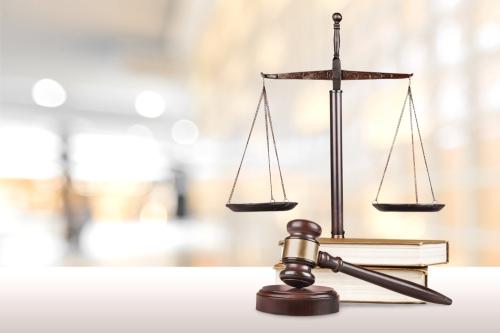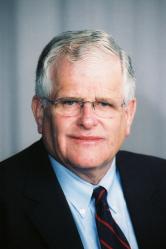On June 30, 2021, Russell Wheeler, visiting fellow in Governance Studies at The Brookings Institution, testified before the Presidential Commission on the Supreme Court of the United States during a panel entitled, “Access to Justice and Transparency in the Operation of the Supreme Court.” In his testimony, Wheeler discussed whether the Supreme Court needs a formal code of conduct and whether revisions to the justices’ recusal practices are in order.
Members of the Commission: Thank you for your June 21 invitation to testify, principally on whether the Supreme Court needs a formal code of conduct and whether revisions to the justices’ recusal practices are in order. These are areas fraught with misunderstanding. I hope the commission will use its report in part as a public educational effort to mitigate them.
In this statement, rather than advocate for particular positions, I have tried—consistent with the commission’s mission as prescribed in the president’s executive order—to sketch “Yes” and “No” responses to several questions that these topics prompt. To summarize:
SUPREME COURT CODE OF CONDUCT
Background: The Code of Conduct for U.S. Judges provides ethical guidance (not laws) for federal judges other than Supreme Court justices
Does the Supreme Court need a Code of Conduct that by its terms applies to the justices? No, the Court has and uses adequate sources of guidance without a dedicated code. Yes, such a code would have symbolic value.
Should Congress create a mechanism by which other judges would investigate and sanction justices’ misconduct? No, such a mechanism would be inconsistent with the statutory and perhaps constitutional bifurcation of the Supreme Court and the rest of the federal judiciary. Yes, there is precedent for judges who are lower in the judicial hierarchy to consider misconduct complaints of judges above them in the hierarchy.
Continue reading the full testimony here. Watch the full video of Wheeler’s testimony (starting around the 6:56 mark) and the rest of the hearing below.
The Brookings Institution is committed to quality, independence, and impact.
We are supported by a diverse array of funders. In line with our values and policies, each Brookings publication represents the sole views of its author(s).






Commentary
TestimonyDoes the Supreme Court need a Code of Conduct?
Russell Wheeler's statement to the Presidential Commission on the Supreme Court of the United States
June 30, 2021